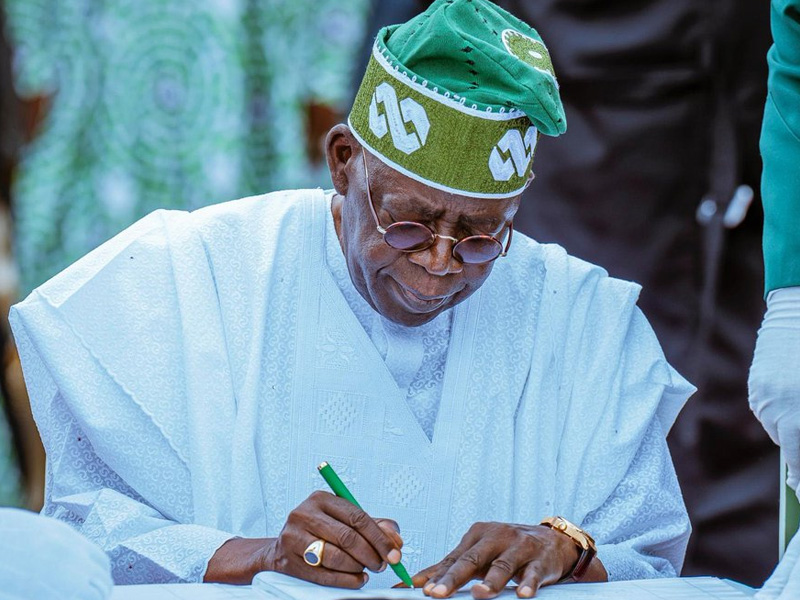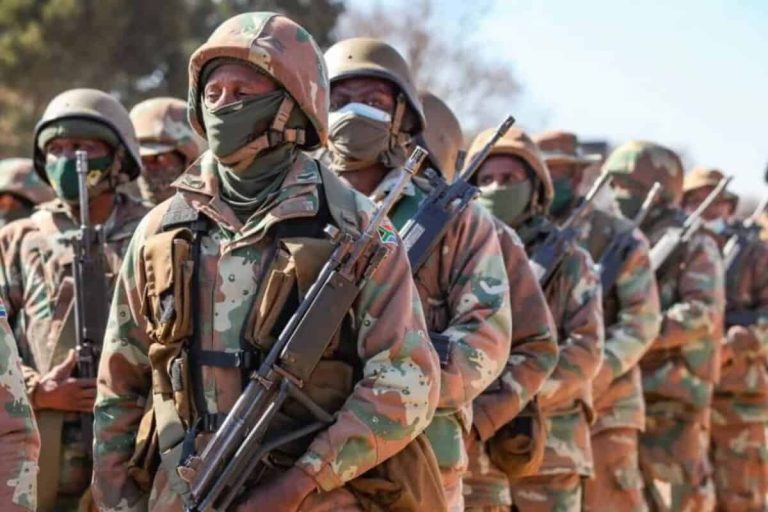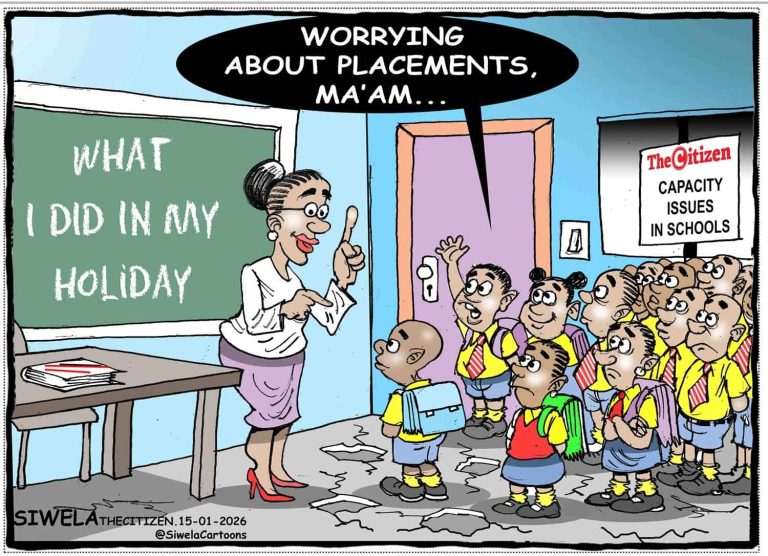
The Managing Director of the Nigerian Ports Authority (NPA), Dr. Abubakar Dantsoho, has said President Bola Tinubu has given the go-ahead for work to commence on the $1 billion total reconstruction of the Apapa, Tincan Island, Calaber, Warri and Port Harcourt ports, stressing that the job would be delivered within 48 months.
Dantsoho stated this during a chat with newsmen on the sidelines of the ongoing World Ports Conference of the International Association of Ports and Harbours (IAPH) tagged, “Reinvention and Prosperity in Turbulent Times,” in Kobe, Japan.
Dantsoho said rehabilitation works are expected to commence in the first quarter of 2026, following extensive engineering, environmental, and design studies.
He said the ports reconstruction was part of the federal government’s plan to modernise Nigeria’s seaport infrastructure, attract foreign investment, and reposition the maritime sector for competitiveness in the global logistics chain.
He stated that investors in the maritime space are pushing to invest in Nigeria following Tinubu’s economic policies.
While applauding the Minister of Marine and Blue Economy, Adegboyega Oyetola for his drive and support, he said the government sees the maritime sector as a key driver of its $1 trillion economy ambition.
“Construction of this massive nature takes a lot of time to be able to prepare. There are engineering studies, there are environmental studies, and there is design, among others.
“It’s like building a small house, it takes you three years, for example. So, if you are building a port, it’s not what we can do easily, but we are targeting a 48-month duration for reconstruction and we’re hoping that by the first quarter of next year, we commence the construction,” he stated.
Dantsoho, who is also the Vice President of IAPH, Africa, further stressed that the Nigerian economy was set for massive investment as a result of Tinubu’s economic reforms.
He said the NPA was collaborating with other port stakeholders, adding that collaboration was key to attracting investors in the ports sector.
He added, “What has happened is the absence of concrete trust and relationship for so many years. So, from what investors are saying in this conference, it is clear that what we need is collaboration.
“But how do you collaborate when there is no trust? How do you collaborate when there is no relationship? That is another area of interest to us that we must do our best to ensure that we have consolidated.
“We have to be able to be in the cycle of friends or partners that feel all of us are trusted in the same dynamics, in the same ecosystem.
“We also have a relationship because the port by itself is constructed to last 50 years minimum. If I’m investing in a port, I’m investing in a system that I believe will last 50 years, but that cannot happen if there is no relationship,” he said.
He added, “So, like I was saying to the MD of Singapore Port Authority, Nigeria has given the port community system contract to a Singaporean company. The company, a subsidiary of the Port Authority of Singapore will drive our national single window in Nigeria.
“They have the equipment, they have the finance to be able to come to us because this thing is very, very capital-intensive.”
He stated further that port development remains a highly capital-intensive process and could only be funded by foreign investors and not local financial institutions.
Dantsoho stated further that with emerging technologies in shipping and port management, Nigeria must invest heavily in technology and automation across all its seaports.
“The world has moved from manual labour, that is, having a lot of people doing the same thing.
Here, they are even talking about automated ships, the target is by 2040, the ships by themselves will be moving on the sea, and nobody will be on them. Nigeria do not have enough money within our own country to be able to build these massive things. But we are attracting investors now.
“We need to have collaboration, partnership with other people, because, like I said, in 2006, Nigeria moved from the public sector port system to the private sector port system.
“We are now going to invest a lot in technology, and this investment requires money, and people can only come and give you money if they know that they can recoup, because that’s the essence of market systems.
“We are trying to cultivate these relationships so that we are part of them. As we appear here today, we are also appearing in different conferences, and they see us as friends. We are in the Port Management Association of West and Central Africa (PMAWCA), which is the West African Association. We are in IAPH, which is the world Port, we are also in the International Maritime Organisation (IMO), so they are seeing us as friends, they are seeing us as part of the bigger family. So the discussions will continue, and then hopefully it will end in very wonderful results,” he stated.
Eromosele Abiodun



